
New voice for Indigenous sistergirls and brotherboys

TWO sistergirls from the Northern Territory have established the world’s first organisation providing specific support for sistergirls and brotherboys in Indigenous communities, as well as supporting Indigenous and non-Indigenous LGBTI people across the NT.
Sisters and Brothers NT co-founders Brie and Rosalina Curtis are sisters and sistergirls. In Melbourne this week to support the launch of Beyondblue’s Families Like Mine, a new resource for families of LGBTI youth, the two spoke with the Star Observer about setting up their organisation and about Australia’s sistergirl communities.
“Sistergirls have always been here, before even Europeans came along. There were always transgendered people in the community,” said Brie, who, along with Rosalina, was born biologically male in the remote desert community of Akwerrnarre.
“Back then… they would automatically see that sistergirl, that’s not a boy, she’s a girl. He’s really feminine, so he has to be a girl now. So that sistergirl would go with the women and do women’s dancing and ceremony and all that sort of stuff.”
“So for sistergirls, it’s always been in our culture, and we have the role as a woman. We go hunting with the women. We go sitting with the women and talking with the women, and grow up and have nieces and nephews like they’re our own children.”
Brie and Rosalina said they established their organisation because there was no support in the NT for sistergirls or for brotherboys – men who are born biologically female. The organisation was also open to everyone in the NT who identified as LGBTI, including non-Indigenous people.
Brie explained their most immediate goal was to reach out to and support people living in remote Indigenous communities.
“Sometimes a sistergirl living in a remote community, a sistergirl is living all by herself, feeling the pressure of cultural men’s law and all that, which is usually forced upon young boys becoming men,” she said.
“A lot of sistergirls are being pushed away from their families. It happens a lot, and it eventually it ends up with them falling into depression, alcohol, substance abuse, suicide.
“A lot of that can be prevented if there was more support, even knowing there was somebody there to help them when they feel like that.”
Rosalina said the isolation of remote communities could make it particularly difficult for sistergirls and brotherboys needing access to specialised medical services.
“A lot of sistergirls and brotherboys would like to go through hormone treatment therapy, and especially when you’re living in a remote community it’s really hard,” she said.
While the girls say sistergirls were commonplace in traditional Indigenous communities before European colonisation, they say Christian missionaries left their mark on community attitudes.
“Some people still have that kind of thinking, that being gay or lesbian or a sistergirl or a brotherboy, that’s all wrong. So some of that influence is still carrying on in some people’s minds,” said Brie.
Rosalina agreed: “To be a sistergirl or brotherboy or gay or lesbian is considered taboo.”
Both argued many older and traditional Indigenous people were much more accepting, with a move in some communities back to that way of thinking.
The sisters were raised largely by their grandmother, and credit her influence for helping them understand who they were as sistergirls.
“Our grandmother, she was a Christian old lady, yet she was a very cultural old woman at the same time. She was really loving and accepting. The first time anyone ever caught me dressed up as a girl was her, I was dressed up in her clothes,” Brie recalled.
“I was crying and everything but she was like, ‘no you’re right bub. At the end of the day you can wear whatever you want because as long as you’re happy it doesn’t matter’.
“I still remember those words I heard at the age of ten.”
The girls moved around a lot growing up, and both spent time living in larger cities before deciding to move to the Tiwi Islands off the NT coast. The islands have a large sistergirl community of around 50 people, roughly five per cent of the islands’ population.
From there, Rosalina and Brie have been able to reach out to sistergirls, brotherboys and LGBTI people across the NT.
The sistergirls said people living in Indigenous communities often felt national conversations about LGBTI issues like marriage equality were hard to relate to their everyday lives.
“It feels very alien for most of us, for me, I can’t really relate to it. It’s not really on our level. We’re in our own little world, doing our own things. Some people when they come into our environment they will see what we’re talking about — we just go every day living our life,” Brie said.
Trans and gender diverse youth organisation Ygender hosted the sisters for their trip to Melbourne, and president Cannon O’Saurus said their organisations were already learning a lot from each other and hoped other LGBTI organisations would connect with Sisters and Brothers NT.
“I think unless we’re looking at all aspects of our community we’re not really moving forward, we’re moving forward the agenda of a certain part of the community,” he said.
He also hoped Ygender could become a place where Melbourne-based sistergirls and brotherboys would feel included.
“I think the goal now is just to create a space where people might approach us and identify themselves and we would like to encourage people to see us as a safe place, or even a place where we can connect them to the NT or anything, to have some culturally relevant support,” he said.
Zoe Birkinshaw from the Zoe Belle Gender Centre has also been working with Sisters and Brothers NT, and said the conversation was just beginning. She praised her recent opportunity to attend a workshop with well-respected sistergirl Crystal Love.
“For me getting to work with Crystal for a couple of days and getting to meet people from the community, I feel like I learned so much in such a short amount of time, and there’s still so much more, that was just the beginning,” she said.
Although Sisters and Brothers NT is still in its infancy, Brie and Rosalina encouraged anyone interested in their work to support the organisation.
“If there are people out there who are wanting to support this new organisation that we’ve just started, not to just feel sympathetic about it and say, oh poor things, to do something. Engage in it, ring up and say, I’d like to volunteer or to give financial support,” said Brie.
For details on Sisters and Brothers NT, visit their Facebook page.

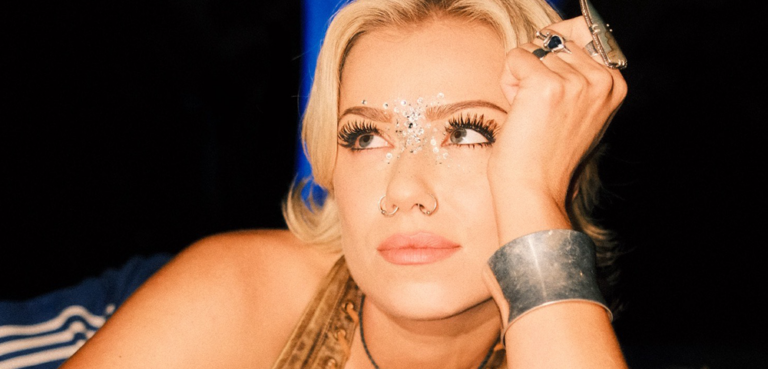
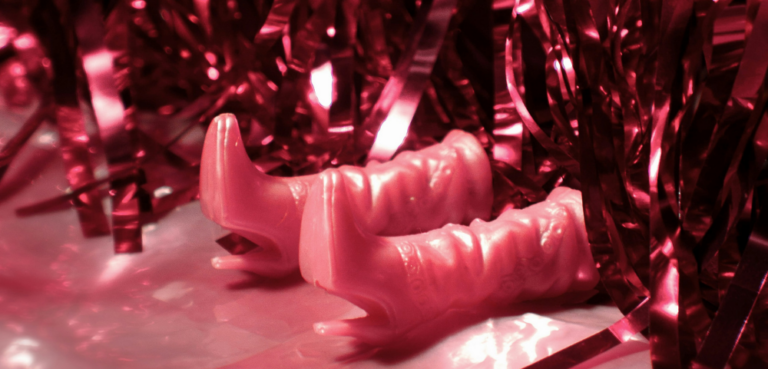
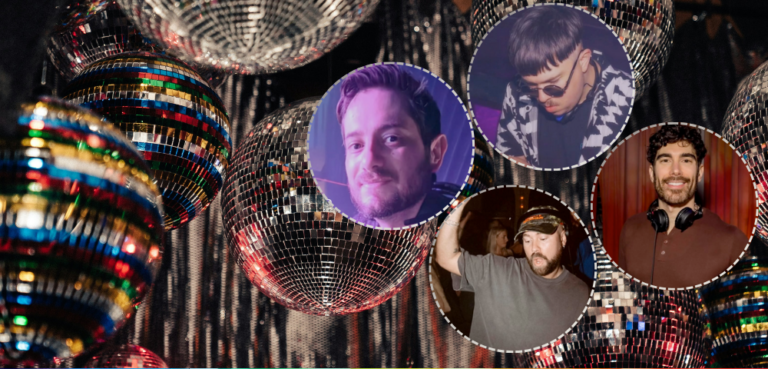
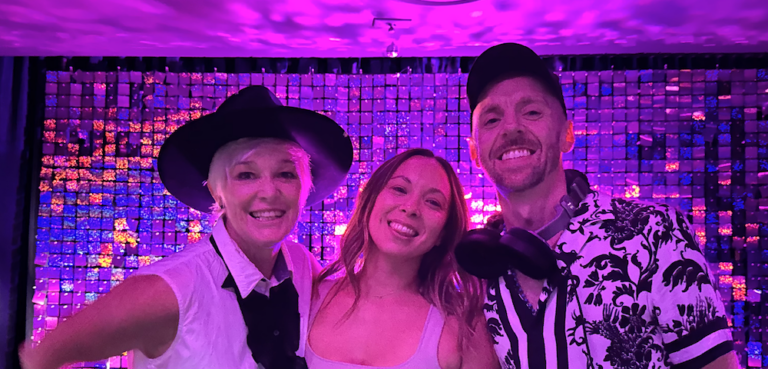
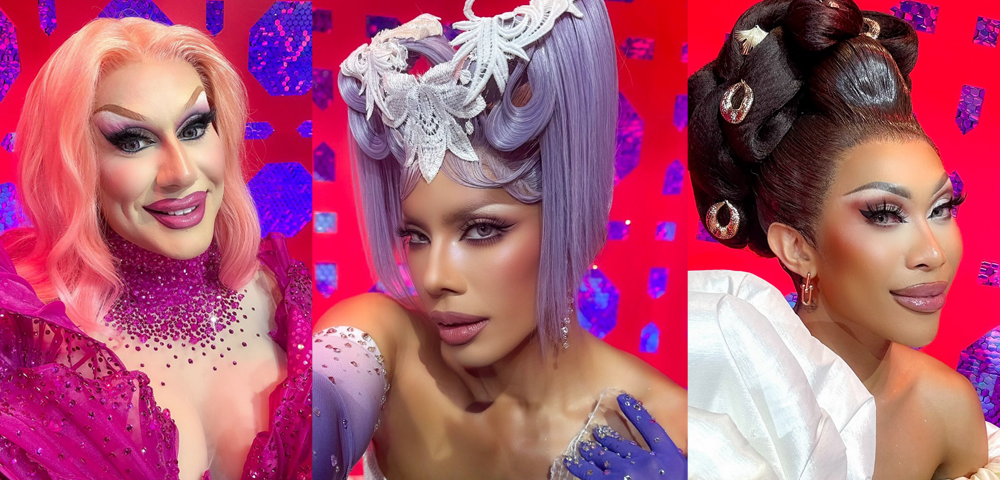
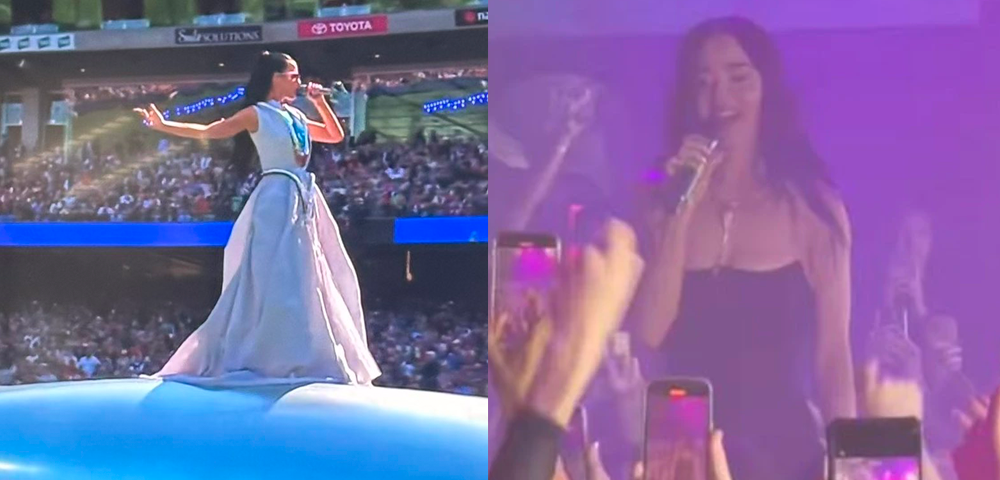
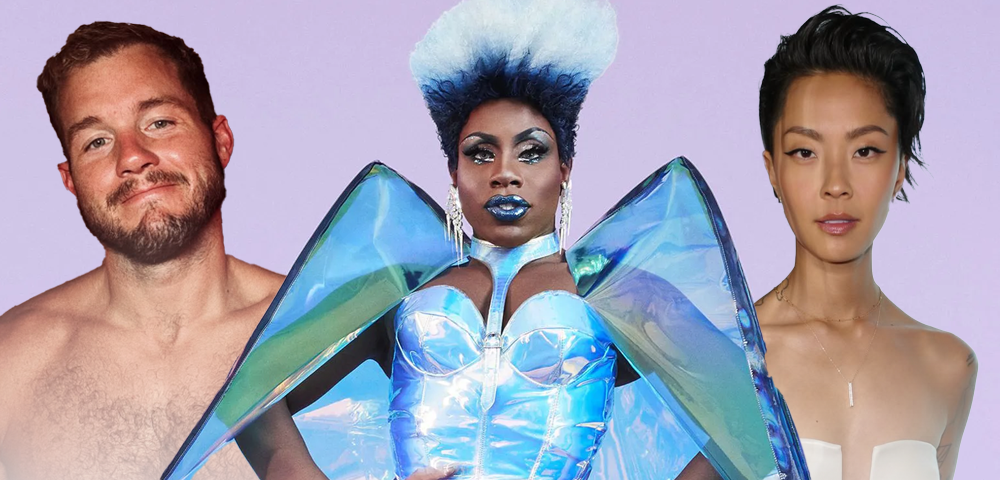
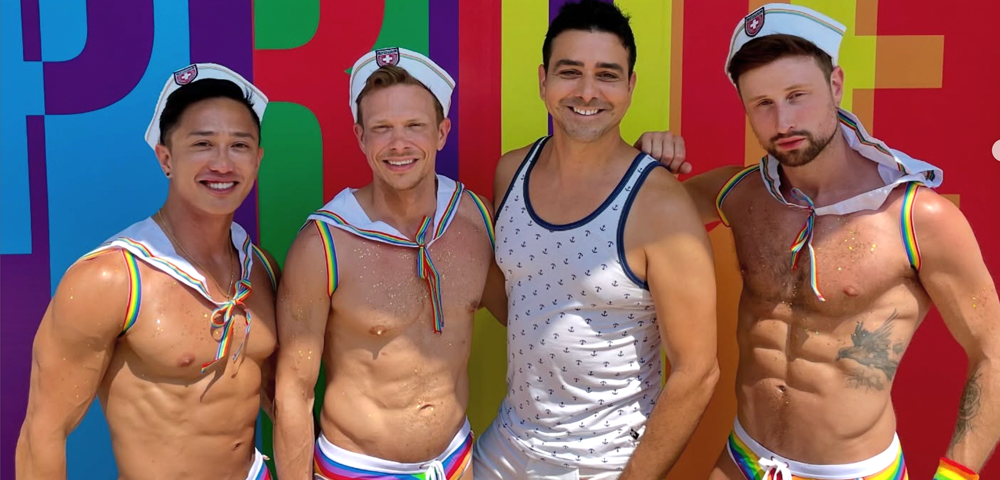
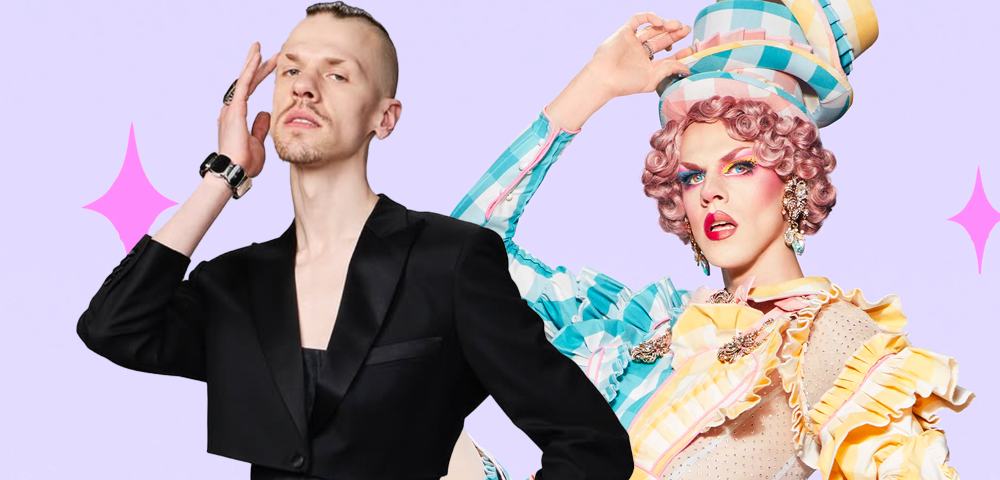
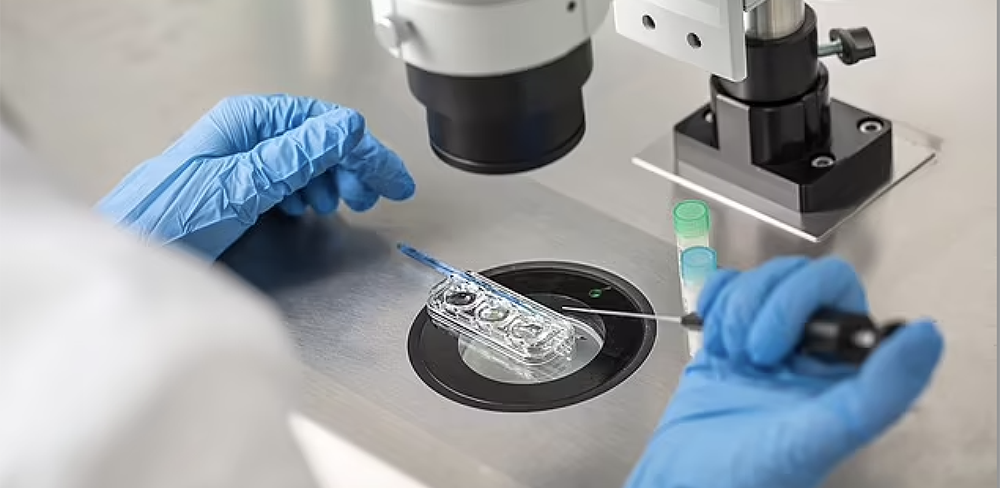
And while it’s good to see this support for indigenous transgender Australians, sorry, it’s not the worlds first, although it might well be Australia’s first such organisation. Their whakawahine and tangata ira tane counterparts here in Aotearoa/New Zealand have had their own support networks for over the last decade.
Great article – but would be better if you switched “born biologically (male/female)” with ‘assigned male/female at birth.’